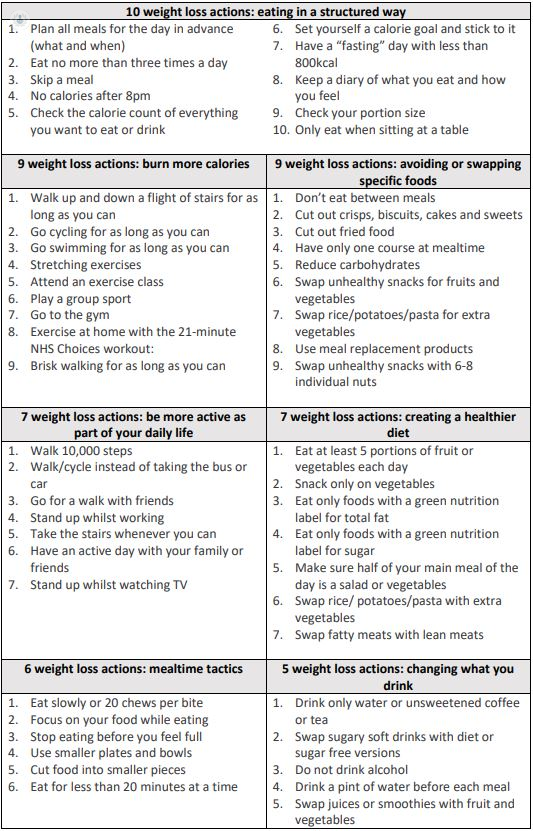How obesity is affecting the UK and COVID-19 mortality in patients
Escrito por:Recently, we spoke with experienced endocrinologist Dr Mark Vanderpump on the effects of obesity on COVID-19 and here is what he shared.

Earlier in the year, a minister’s comment about the link between a high COVID death toll and obesity in the UK was poorly received, but it’s a fact that obesity and its associated medical conditions (such as diabetes and heart disease) have long been considered one of our biggest health challenges.
Indeed, prior to the pandemic we already knew that obesity is a risk factor and predictor of serious disease generally and, through extensive global research, this has also proved to be the case regarding COVID-19.
This research looked into which people are at the greatest risk of developing severe COVID-19, or of the virus causing their mortality. Again and again obesity proved to be a greater risk of:
- infection
- hospitalisation
- clinically severe disease
- mechanical ventilation
- ICU admission
- mortality
The growing problem of obesity in the UK
In 2018, a House of Commons Briefing paper revealed that 31 per cent of the nation’s women were overweight and 30 per cent were obese, while 40 per cent of men were overweight and 27 per cent were obese.
Adult obesity in the UK rose from 15 per cent to 29 per cent between 1993 and 2017, with people aged 45 and over making up 70 per cent of the overweight/obese population.
During the pandemic, like medical organisations in many other countries, NHS England examined its patients records in the hope of identifying any common factors possibly associated with COVID-19 related deaths in hospital. As a result, they stated two main reasons for an apparent connection between obesity and dying from COVID-19:
- Someone who has a higher bodyweight will have a reduced lung capacity, which causes respiratory problems, which in turn, can be exacerbated by COVID-19.
- Obesity increases the risk of such vulnerable underlying conditions such as heart disease, respiratory disease, and diabetes.
The PREVAIL programme
Even when we know we need to lose weight, we often don’t succeed. So, in 2019, the University of Oxford examined why those who were dieting were often condemned to failure. What was found is that the people who weighed themselves regularly were more likely to lower their weight as opposed to those who did not weigh themselves regularly.
This success was attributed to self-regulation and a DIY diet. There were 53 actions that were finalised as part of the PREVAIL programme.
Only half of the 100 people who took part in the first programme weighed themselves daily, and also only half chose at least one daily action from the list, despite the fact there was no upper limit.
Those who had adopted these daily habits during the eight weeks lost half a stone/3.2kg more than those who hadn’t.
The 53 PREVAIL programme actions
This list of self-regulating actions may be helpful for those who have struggled to lose weight.
If you have been struggling with losing weight, struggle with diabetes, or would like more information, you can go to Dr Vanderpump's profile and schedule a consultation.



